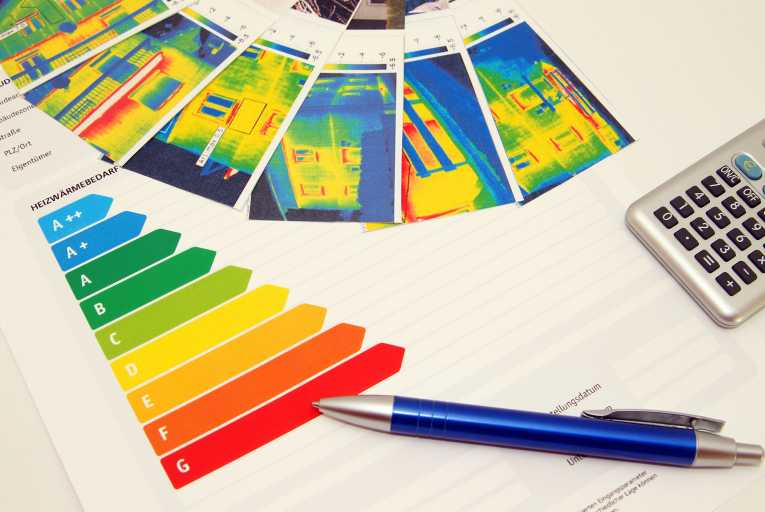Some policy decisions are win-win all round, and a new report, authored by Sir Michael Marmot - a renowned Australian specialist in health inequalities - see just such a boon from something as simple and uncontroversial as heat-proofing the UK's old housing stock. The report 'The heath impacts of cold homes and fuel poverty', was commissioned by the Friends of the Earth, and looked at how the issues of health, energy use and negative environmental consequences are bound together - and how a solution to the UK's cold homes could resolve problems in all three areas.
The problem that the UK has, with keeping many of its older houses warm in the winter, is not an unusual one for countries in milder zones. Where winters are variable, and usually discomforting, rather than severe, there is a reduced incentive to properly 'weatherize' homes. That is more likely to happen in cold winter countries such as Sweden or Finland.
So poorly insulated and heat-leaking housing is still rife in the UK, and has led directly to an estimated excess of 5,500 deaths per year in the country. And whilst the up-front cost of improving the 'thermal efficiency' of this old housing stock is far from negligible, the multiplicity of benefits - in the form of reduced expense, more efficient energy use, lowered costs from improved health, not to mention reduced greenhouse gas emissions - add up to make it a zero-cost policy, in the long-term.And the health issues from living in cold, drafty houses goes beyond the numbers of elderly home-dwellers at greater risk of pneumonia. The report finds that children are more prone to respiratory problems, there are more cases of rheumatism and arthritis - and teenagers seem five times more likely to suffer from mental health issues - in cold homes.
The Marmot report also highlights the social drag that poorly-heated homes place on their inhabitants; including a reduced educational attainment, and the increased poverty from higher heating bills. This all adds up to a large burden on the country's health and welfare system, a weight that could be relieved by funding a wholesale rejuvenation or replacement of older housing stock.
And as the report points out, if such a policy were undertaken, there would also be major knock-on benefits for attempts to slow down climate change. Well-insulated homes use less energy to keep warm, and produce fewer emissions - so they could be a major contributor for achieving the UK government's target for slashing CO2 output.
But action is long overdue. As the leader article in today's BMJ states, ''For many reasons-economic, ethical, environmental, and epidemiological-governments should heed the call in this timely report.''










